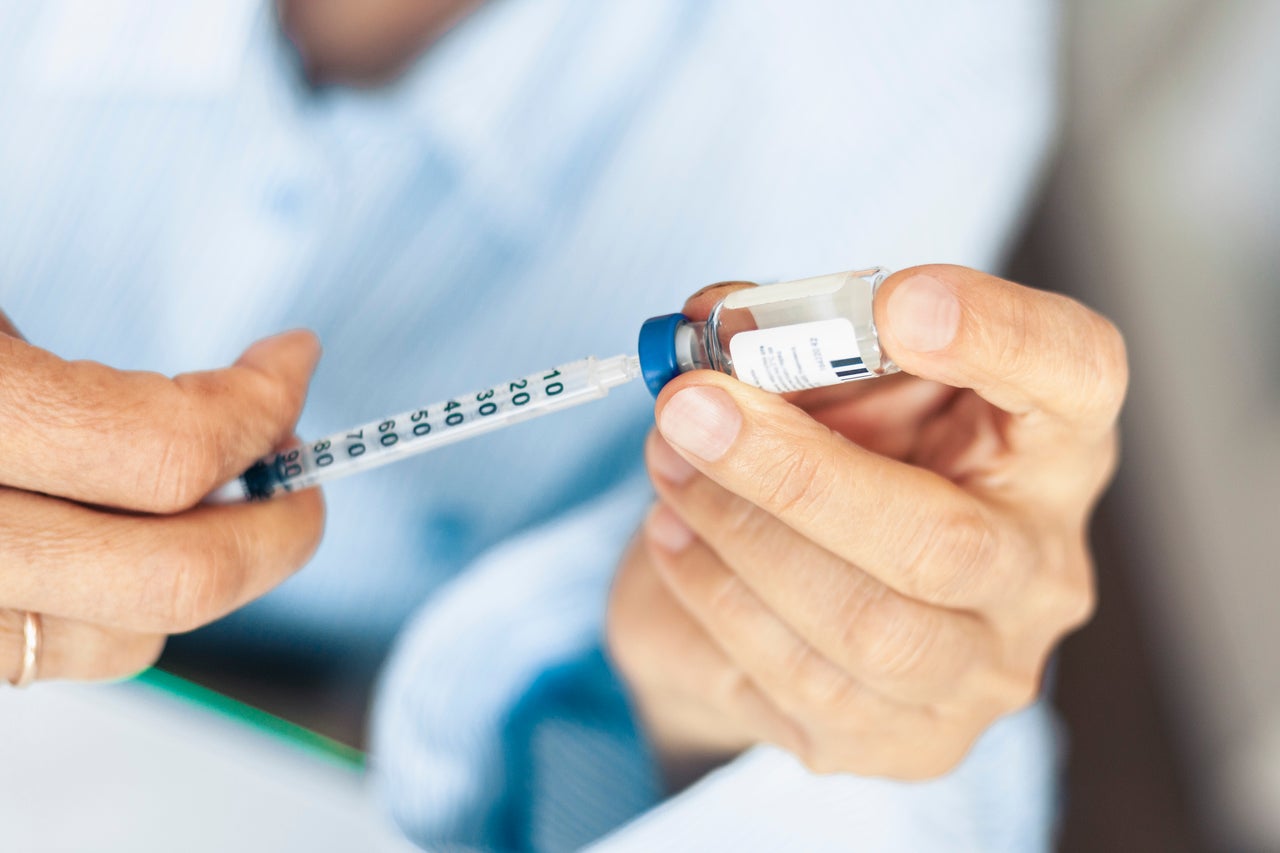
At the 56th annual European Association for the Study of Diabetes (EASD) 2020 meeting, positive results were presented for Novo Nordisk’s insulin icodec in direct comparison to insulin glargine U100. Insulin icodec, currently in Phase II trials, demonstrated comparable efficacy and safety to once-daily-administered insulin glargine U100 in patients who have not previously been prescribed insulin and are currently responding poorly to oral anti-diabetic (OAD) therapies. Insulin icodec is a once-weekly-administered basal insulin that has previously demonstrated similar efficacy to existing marketed basal insulins, primarily Lantus, and has generated enthusiasm among physicians for the likely improvement it will bring to patient compliance when administering insulin therapy. GlobalData believes that insulin icodec has the potential to become one of the leading brands in the basal insulin market.
This study was a 26-week, randomized, double-blind, double-dummy, treat-to-target, Phase II trial that specifically investigated the efficacy and safety of icodec versus insulin glargine U100 (IGlar U100) in insulin-naïve type 2 diabetes (T2D) patients who were inadequately controlled (HbA1c 7.0–9.5%) with metformin with or without dipeptidyl peptidase-4 inhibitors (DPP-4I). Trial results demonstrated comparable efficacy for icodec and IGlar U100, with an estimated mean HbA1c of 6.7% and 6.9%, respectively, at Week 26. The mean baseline HbA1c was 8.1% and 8.0% for the icodec and IGlar U100 groups, respectively, and the estimated mean change from baseline was -1.33% for icodec and -1.15% for IGlar U100. The difference in primary endpoints was determined to not be of statistical significance, with an estimated treatment difference (ETD): -0.18%. At Week 26 the mean fasting plasma glucose (FPG) was also observed, at 6.84 mmol/L for icodec and 7.05 mmol/L for IGlar U100. Observed rates of hypoglycemia between the two groups were also determined to not be statistically significantly different (p=0.85), with 53 and 46 events per 100 patient-years of exposure for icodec and IGlar U100, respectively. Overall, there were no unexpected safety issues and icodec has been demonstrated to be the first once-weekly-administered insulin with similar safety and efficacy data to once-daily IGlar U100.

Discover B2B Marketing That Performs
Combine business intelligence and editorial excellence to reach engaged professionals across 36 leading media platforms.
Based on these results, GlobalData believes that icodec has the potential to steal a significant market share from the Lantus franchise, whose sales have already been declining due to the competition with biosimilars and other novel insulins, such as Novo Nordisk’s Tresiba (insulin degludec) and Eli Lilly’s Basaglar (insulin glargine biosimilar), as well as the pricing pressure, particularly in the US market. Furthermore, key opinion leaders (KOLs) interviewed by GlobalData have previously expressed enthusiasm for an insulin therapy that encourages compliance through less-frequent administration, and icodec will provide this option. GlobalData predicts that icodec could eventually become the leading brand in the basal insulin market, enabling Novo Nordisk to maintain its leadership position in the diabetes space.





